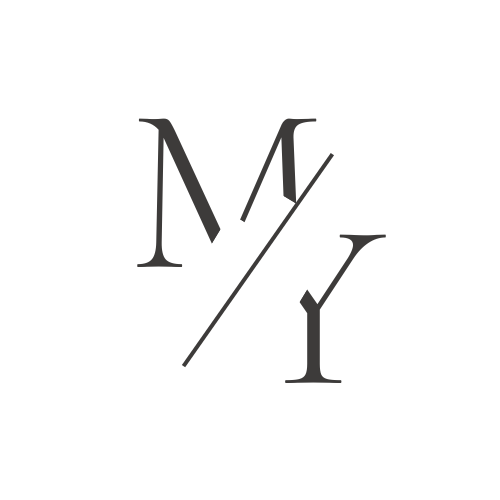Self-Employed Mortgages in Canada
Qualifying, Requirements & CMHC Program
About 15% of Canadians are self-employed, making them an important group in the mortgage and financing industry. If you’re self-employed and looking for a mortgage, the process is different from that of salaried employees. Here’s what you need to know.
What are self-employed mortgages?
Self-employed individuals work for themselves. This includes business owners, contractors, and freelancers. Since you don’t receive a regular paycheck, lenders need more documentation to assess your financial stability. As a result, the mortgage process for self-employed individuals differs from that of salaried employees.
Documentation Needed for Self-Employed Mortgages
When applying for a mortgage as a self-employed individual, there are specific documentation requirements in addition to the standard documents. These include:
- Proof of Business Ownership: Your Business registration certificate.
- Personal Tax Documents: T1 Generals and Notice of Assessments (NOAs) for the last two years to verify personal income.
- Business Financial Statements: T2 corporate tax returns or accountant-prepared financial statements (including income statement and balance sheet) along with NOAs for the last two years.
- Business Bank Statements: Typically, 6-12 months of business bank statements may be required to verify cash flow and business health.
Qualify for a Mortgage as a Self-Employed Individual
To qualify for a self-employed mortgage, most lenders require the following:
- Personal Tax NOA and T1 Generals for the last two years.
- Lenders usually assess net income, which may limit how much you can borrow. However, some alternative lenders may use six months of income to get a clearer picture of your financial situation.

Self-Employed Categories and Mortgage Options
Additionally, Self-employed individuals may be classified into different categories based on the documentation they can provide, which affects their down payment and interest rates. Here’s an overview of the categories:
- No Tax Documents Provided:
- If you are unable to provide Revenue Canada tax documents, you’ll likely need a 20% down payment. Additionally, you may face higher interest rates.
- Tax Documents Provided but Low Income:
- If you can provide tax documents but your income is insufficient due to deductions or write-offs, you may be required to put down at least 10%, with standard interest rates. However, if you are relying on stated income and a lower down payment (less than 20%), you will likely face higher default insurance premiums.
- Tax Documents and Sufficient Income:
- If you can provide tax documents and have a sufficient income to meet lender requirements, there are typically no restrictions on the mortgage process. This allows you to access more favorable loan terms and interest rates.
CMHC Self-Employed Program
The Canada Mortgage and Housing Corporation (CMHC) Self-Employed program offers a special program for self-employed individuals. This program includes options for low down payments and mortgage loan insurance, helping to make homeownership more accessible for self-employed borrowers. If you meet the program’s requirements, it can be an excellent option for securing an affordable mortgage.
Have Questions or Need Assistance?
We’re here to help! If you have any questions or comments about our mortgage services, please fill out the form below. We’ll get back to you within one business day.
